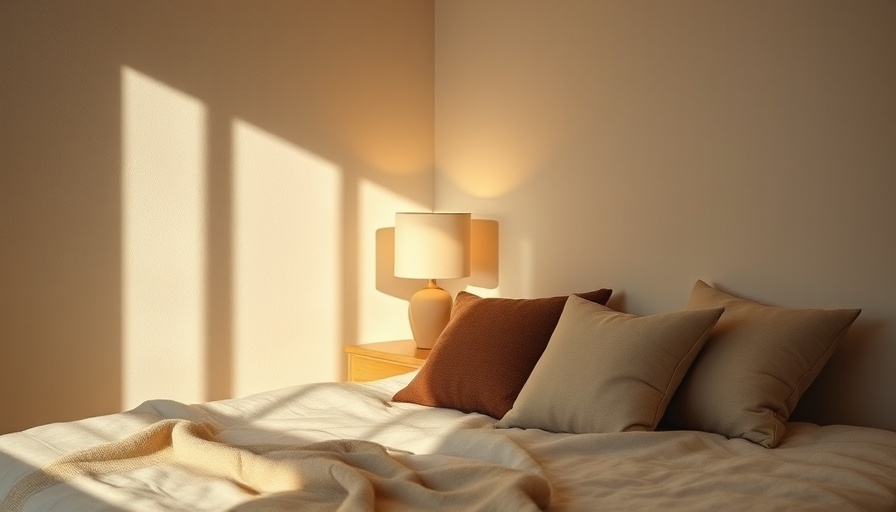
Understanding the Importance of Reducing Screentime for Better Sleep
As we plunge deeper into the digital age, our evenings are often illuminated by the glow of screens. Entertainment options extend from TV shows to social media, tempting even the most determined night owls. However, as integrative optometrist Marina Gurvich articulates, sleep quality is being sacrificed for screen time.
The evident problem is that screens emit blue light, notorious for disrupting melatonin production—the hormone crucial for regulating sleep-wake cycles. Research has shown that this blue light exposure significantly delays our ability to fall asleep, leading to consequences like irritability, anxiety, and even chronic health issues. Notably, studies indicate that individuals immersed in screens before bedtime may take up to an hour longer to fall asleep than those who maximize the benefits of traditional books.
Actionable Strategies to Wind Down and Sleep Better
To combat the detrimental effects of screen time, Dr. Gurvich suggests several practical alternatives that promote relaxation. Here are key strategies rooted in current sleep science:
- Establish a Bedtime Routine: A calming routine signals your body that it's time to sleep. Engage in soothing activities like reading a physical book or practicing mindfulness.
- Diminish Light Exposure: Dimming the lights an hour before bed can boost melatonin production, signaling your body to wind down. Choose warmer colored lights where possible.
- Create a Screen-Free Zone: For optimal sleep hygiene, consider keeping electronics out of your bedroom, allowing your mind to associate the space with rest rather than stimulation.
Benefits of Minimal Screen Time
Enhanced Focus and Mental Clarity: Reducing screentime not only improves sleep but translates into sharper focus and better mood the following day. A smoother transition into sleep can markedly affect productivity and emotional well-being.
Better Health and Well-Being: The implications extend beyond just mental clarity; adequate sleep can diminish the risks of metabolic disorders and long-term health complications like heart disease.
Final Thoughts on the Evolving Sleep Trend
As we adapt to our tech-saturated lives, finding balance becomes paramount. It is time to rethink evening routines and adopt practices that prioritize both mental health and the irreplaceable value of sleep.
Incorporate these changes gradually into your lifestyle and witness the profound impact on your overall well-being. Put down your devices, pick up a book, and truly embrace the art of winding down.
 Add Row
Add Row  Add
Add 




 Add Row
Add Row  Add
Add 



Write A Comment